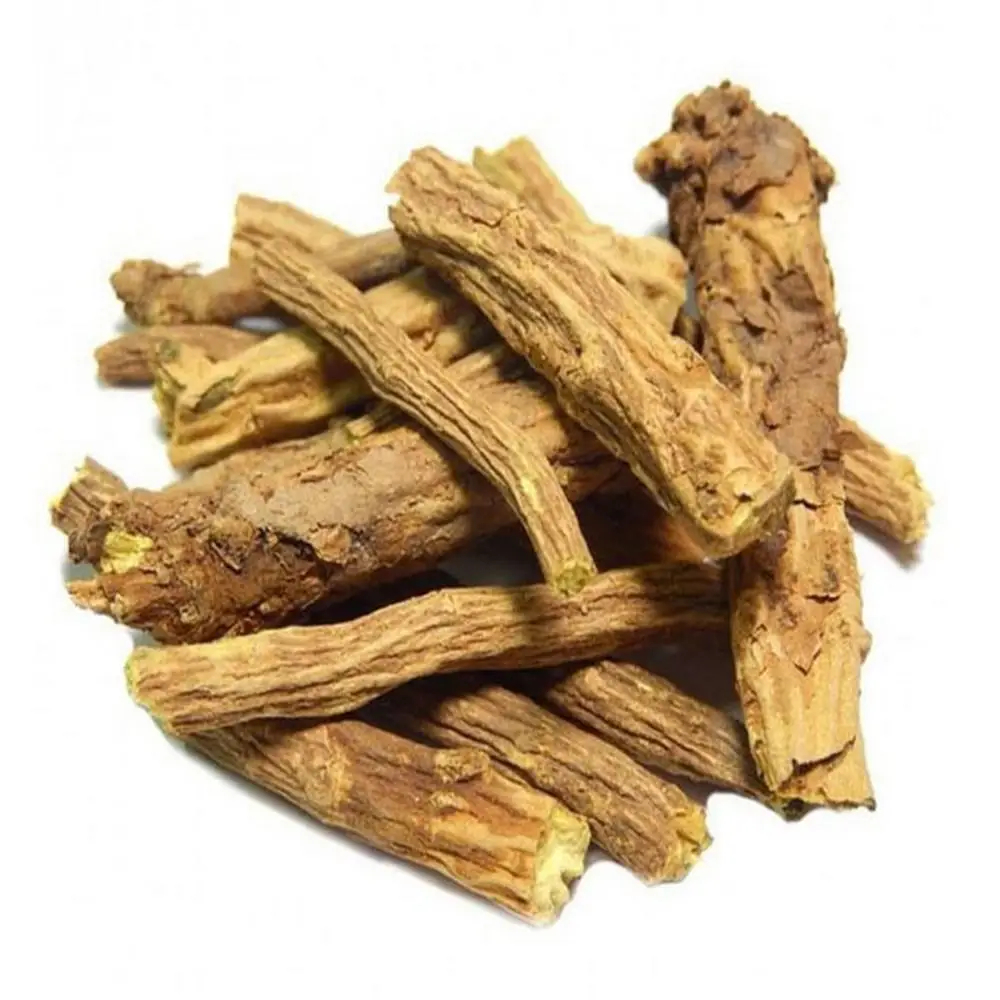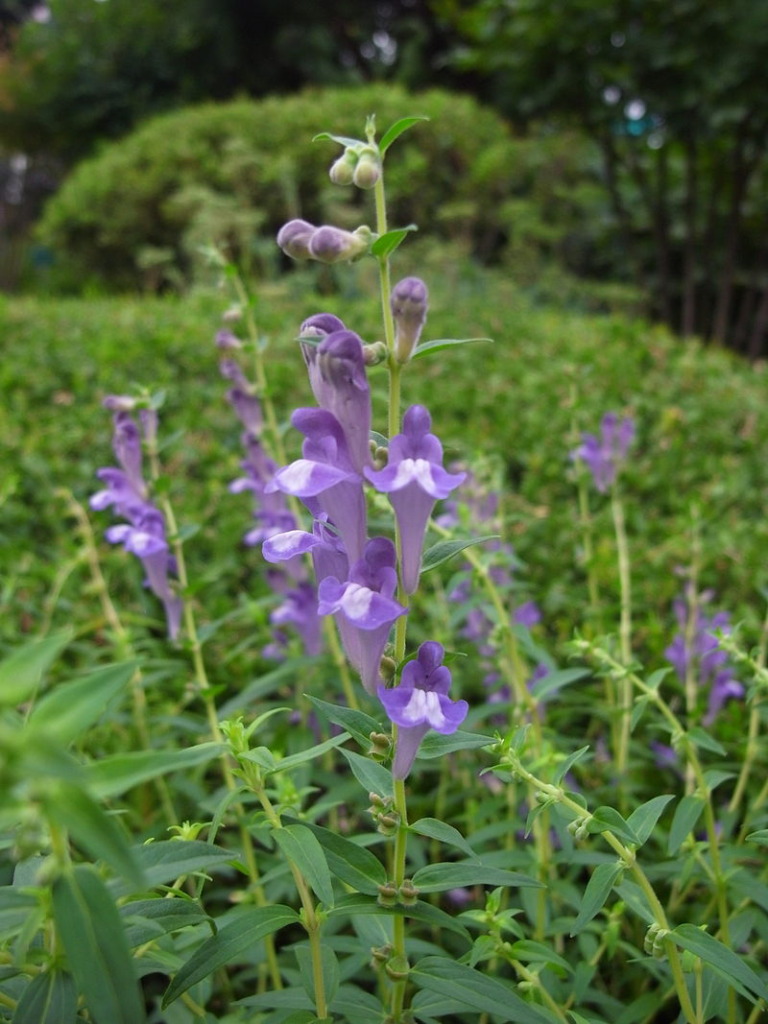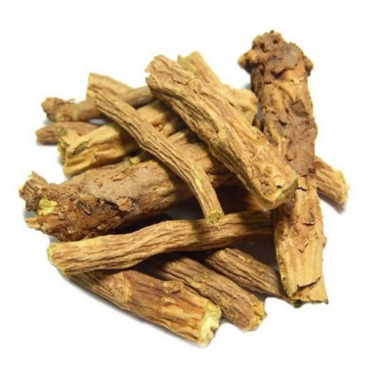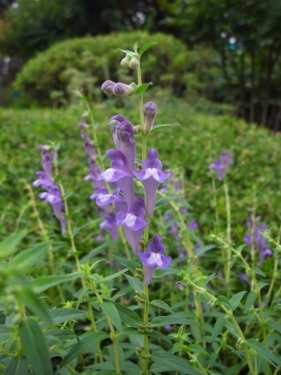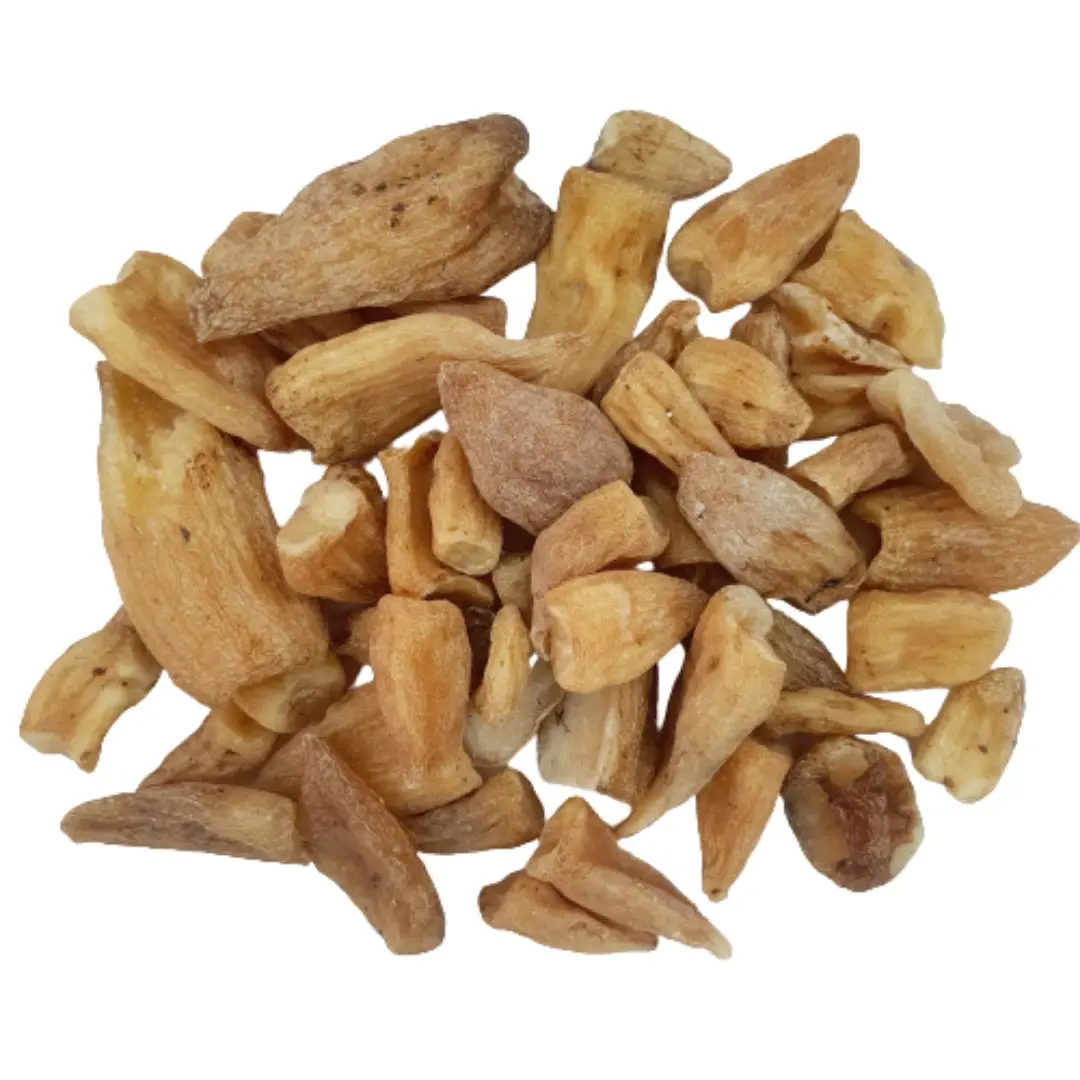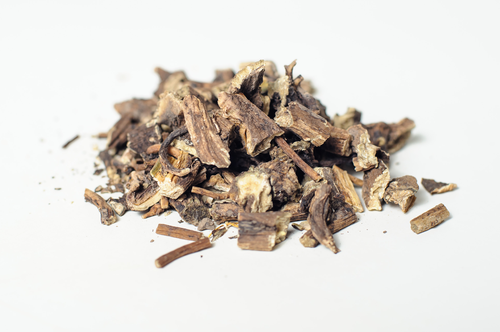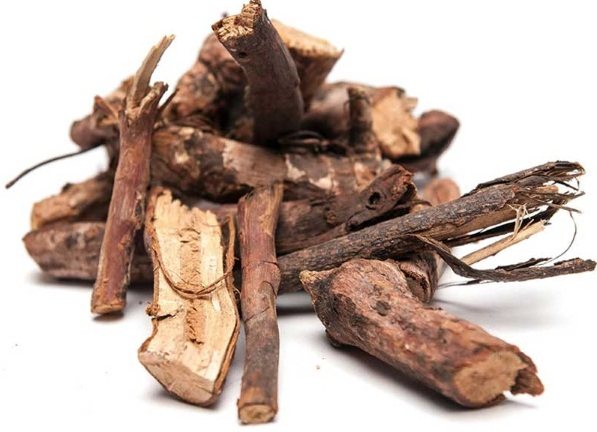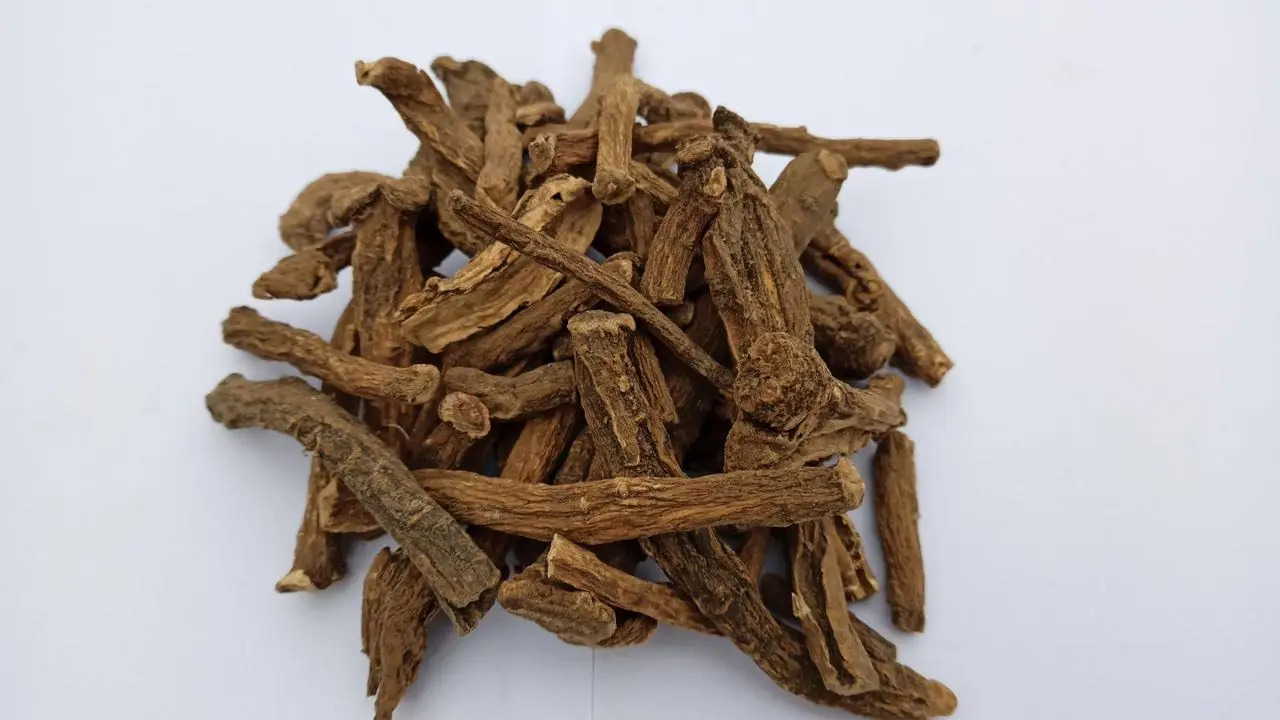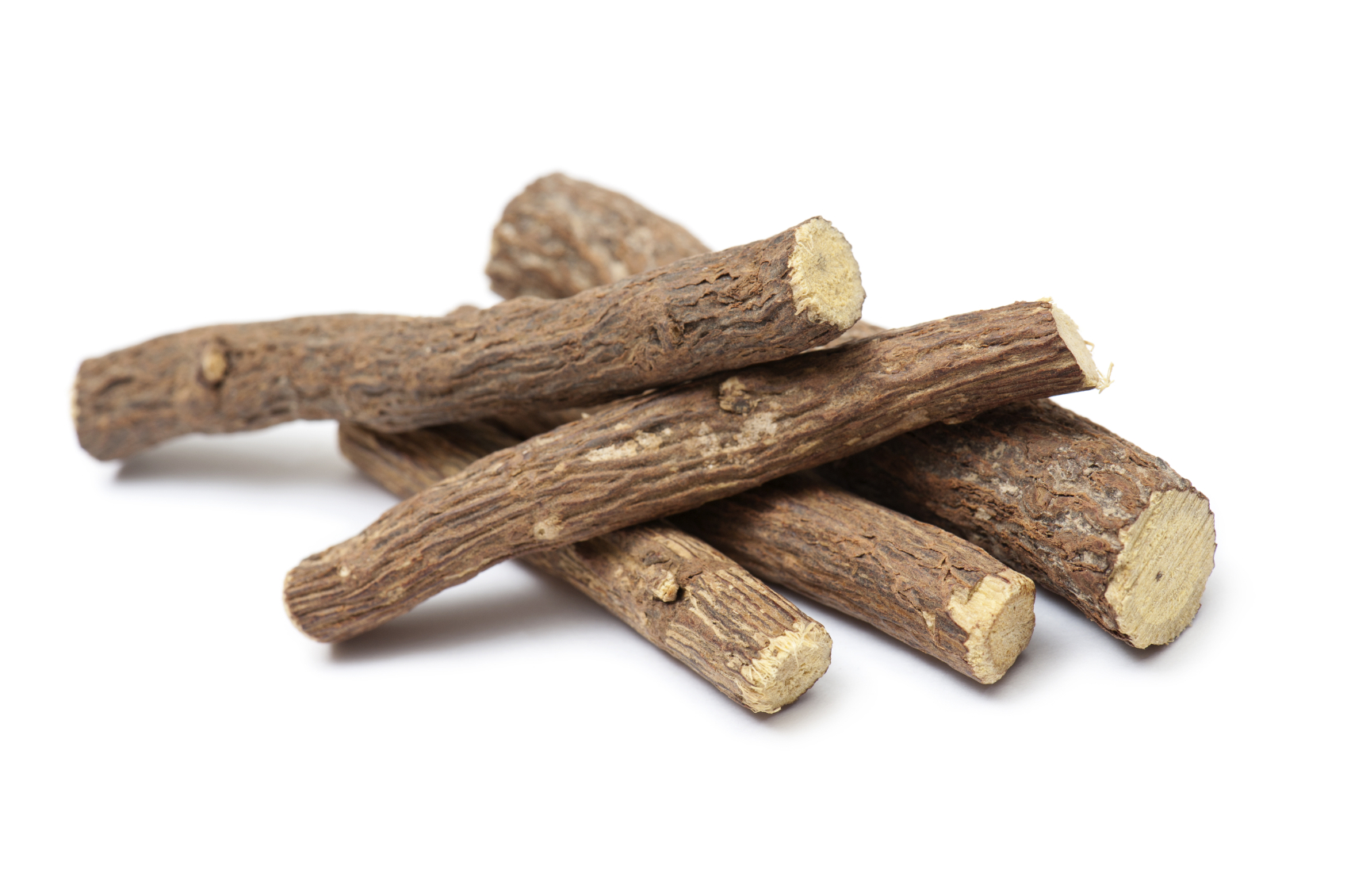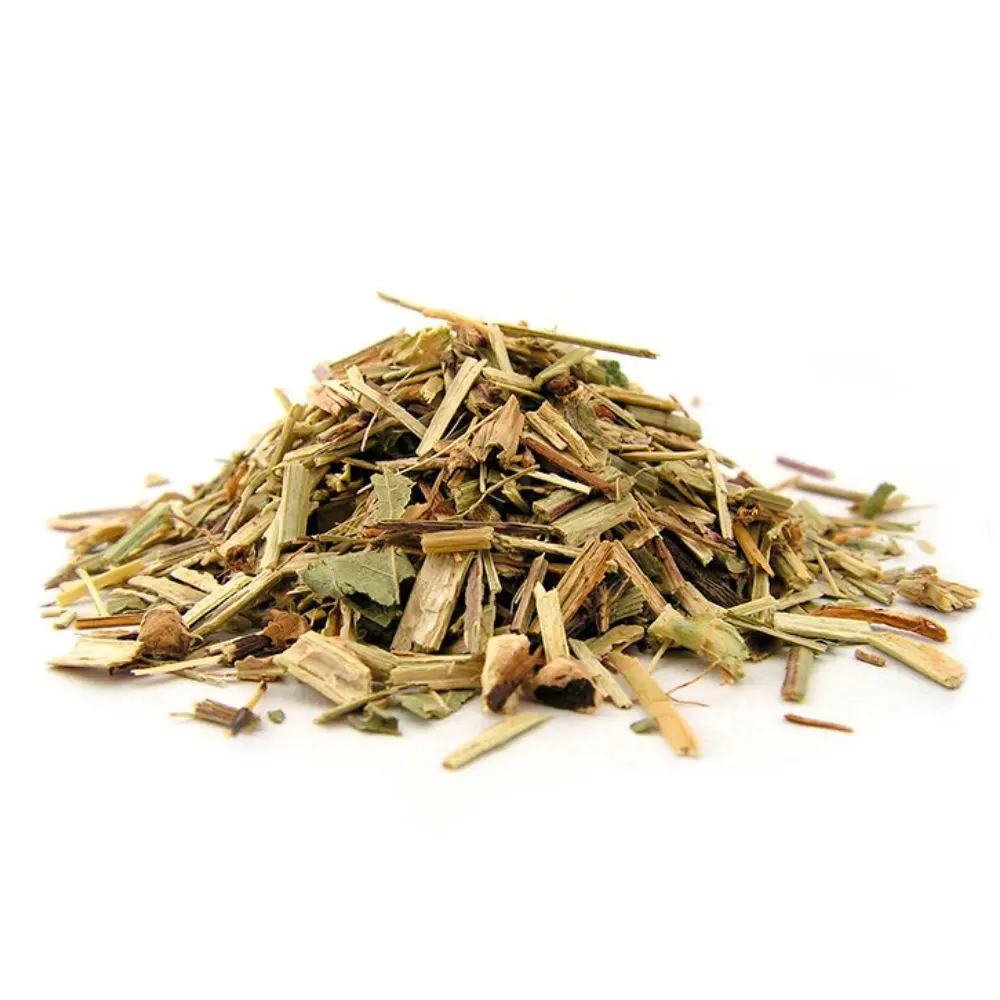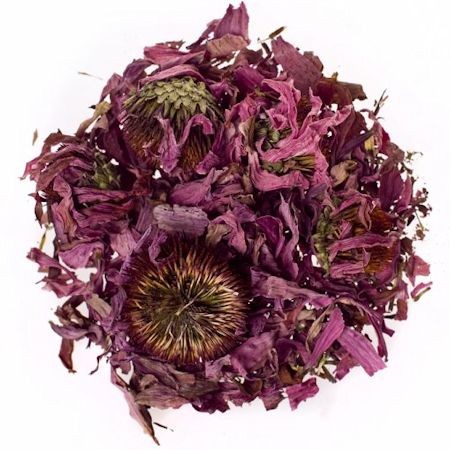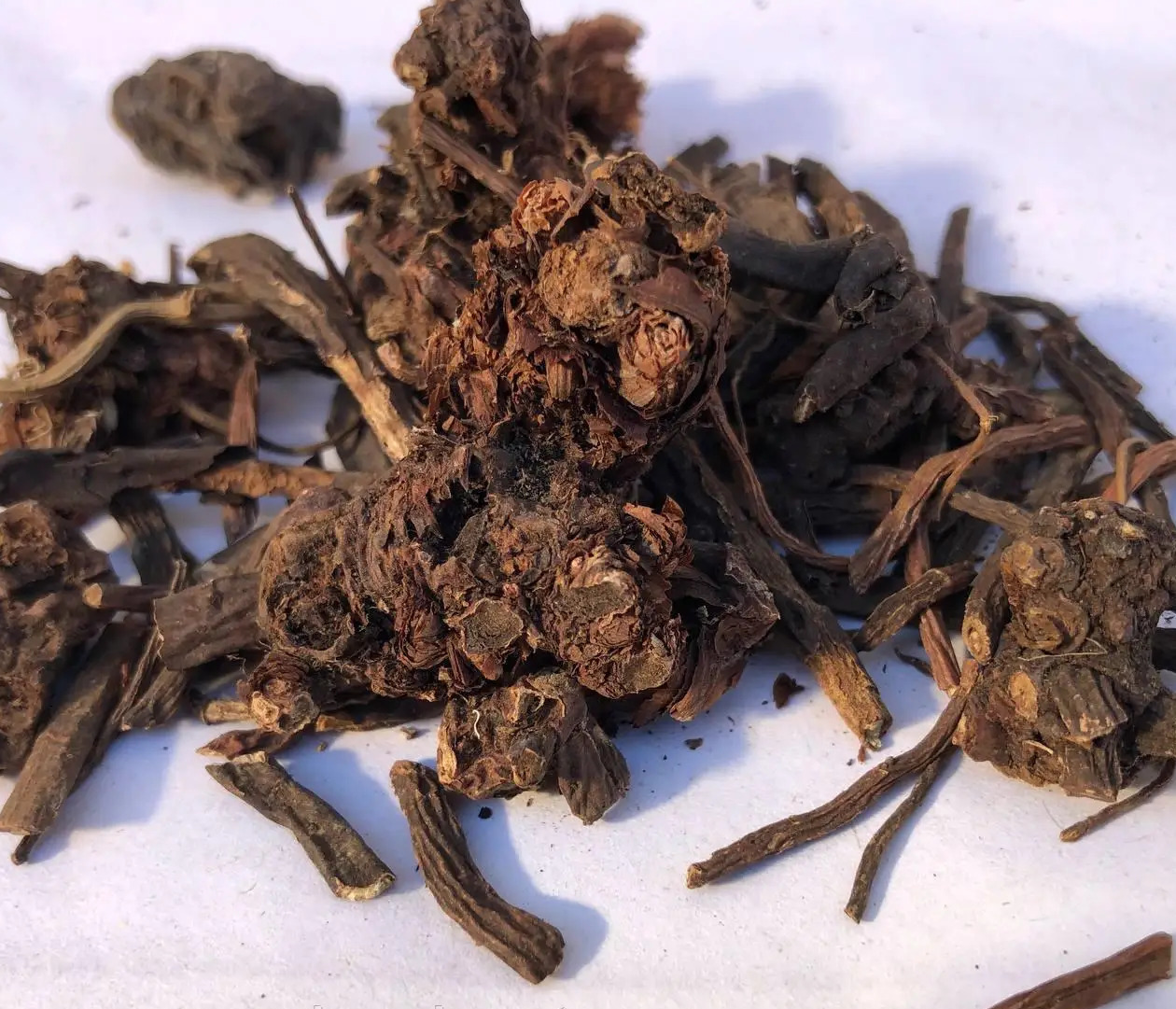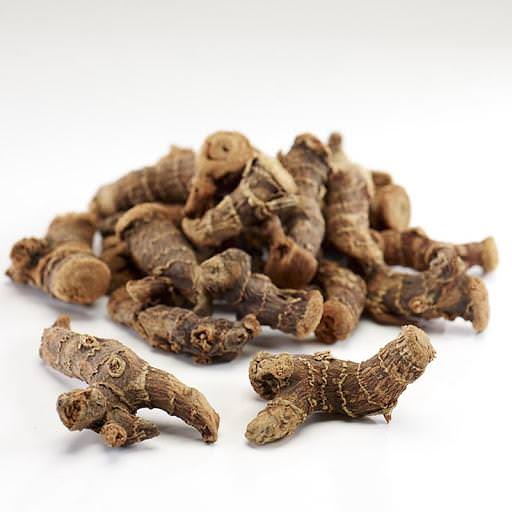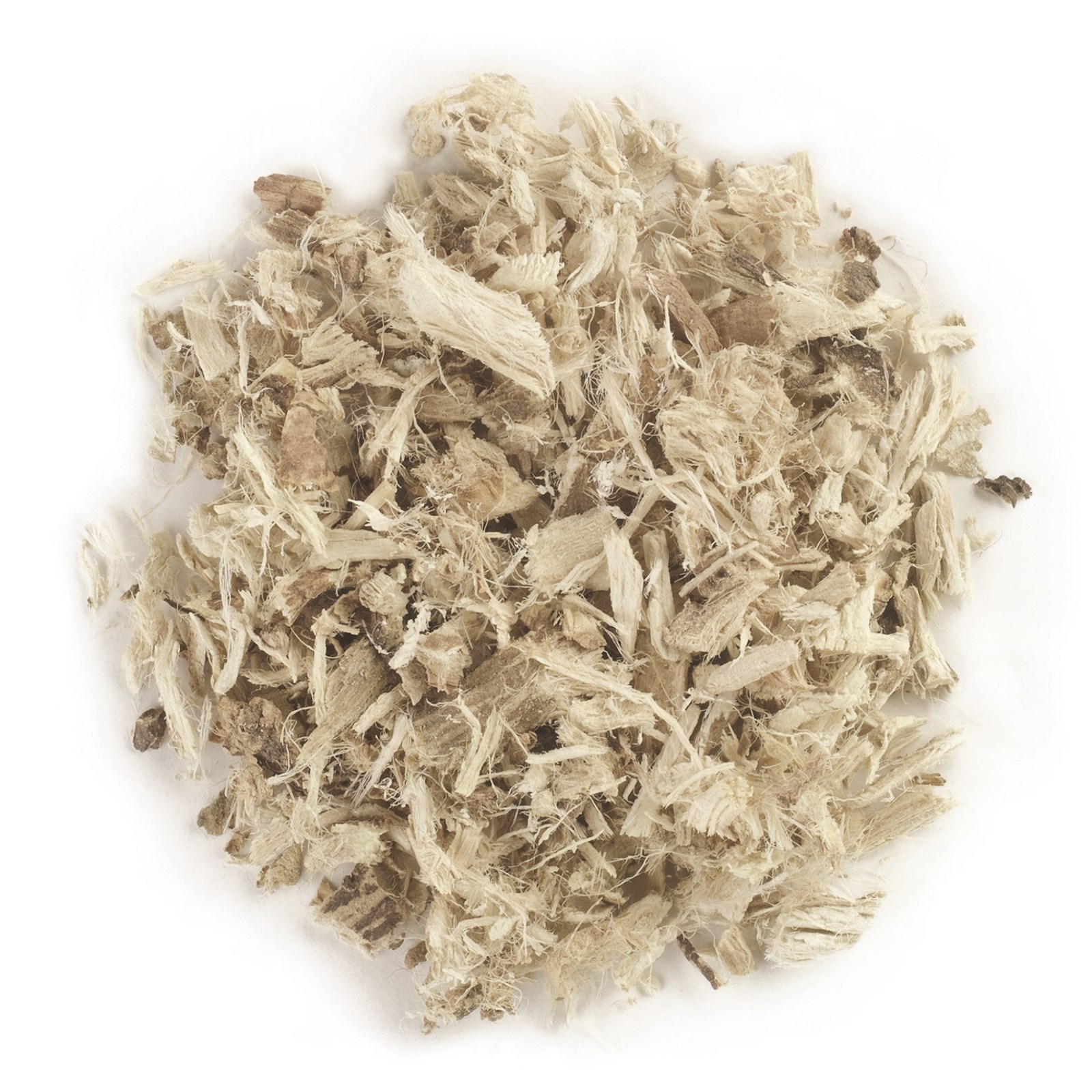Baikal skullcap has a wide range of beneficial properties, including antiviral, anti-inflammatory, antioxidant, neuroprotective, hepatoprotective, haemostatic, anticonvulsant, antitumour and diuretic. It also helps to lower blood pressure and prevents the spread of metastases, possessing antibacterial and antifungal properties.
In the context of antimicrobial action, Baikal skullcap exhibits pronounced antiviral activity, fighting against influenza A (H1N1, H3N2), influenza B, Sendai virus, HIV-1, hepatitis A, hepatitis B (including its resistant forms), hepatitis C, coliphage MS2, human respiratory syncytial virus and vesicular stomatitis virus.
In the field of antibacterial action, the plant affects various types of bacteria and fungi, such as Bacillus subtilis, Bacteroides malaninogenicus, Candida albicans, Chlamydia trachomatis, Corynebacterium xerosis, Escherichia coli, Enterococcus faecalis, Helicobacter pylori, Klebsiella pneumoniae, Kytococcus sedentarius, Lactobacillus plantarum, Microsporum audouinii, Microsporum canis, Mycobacterium smegmatis, Mycobacterium tuberculosis, Neisseria meningitidis, Proteus vulgaris, Salmonella spp. , Shigella spp., Staphylococcus spp., Streptococcus spp., Toxoplasma gondii, Vibrio cholerae. It is important to note that the antibacterial effect of this plant is moderate. The main use of skullcap is its properties as an antiviral agent.
Baikal skullcap is an effective remedy for the treatment of respiratory infections, pneumonia, central nervous system infections (meningitis, encephalitis, mycoplasma, Lyme, etc. ), fevers, digestive system disorders and concomitant inflammatory processes, diarrhoea and dysentery, liver and kidney inflammation, urinary system infections, nervous disorders, sleep disorders, convulsions, epileptic seizures, and as supportive therapy for cancer.
